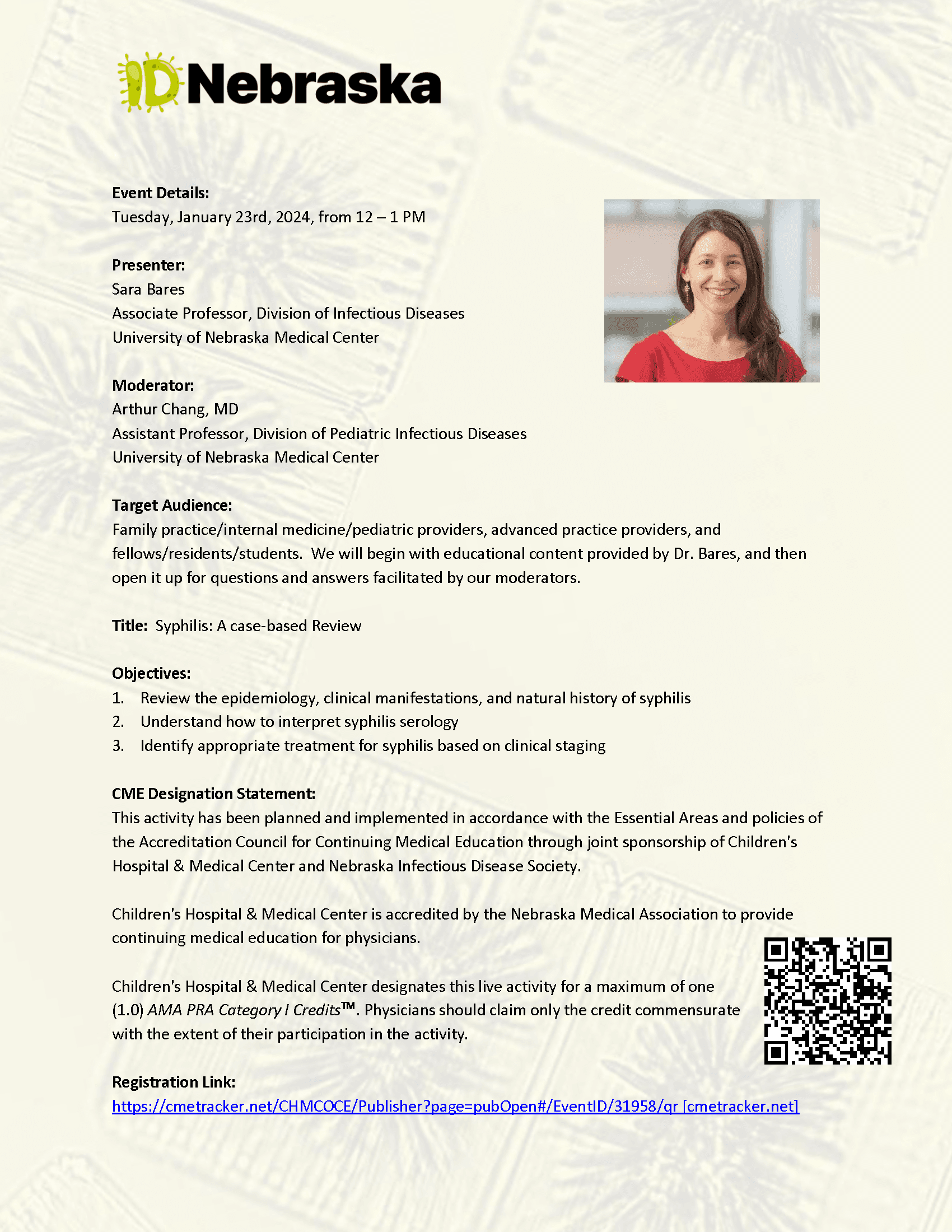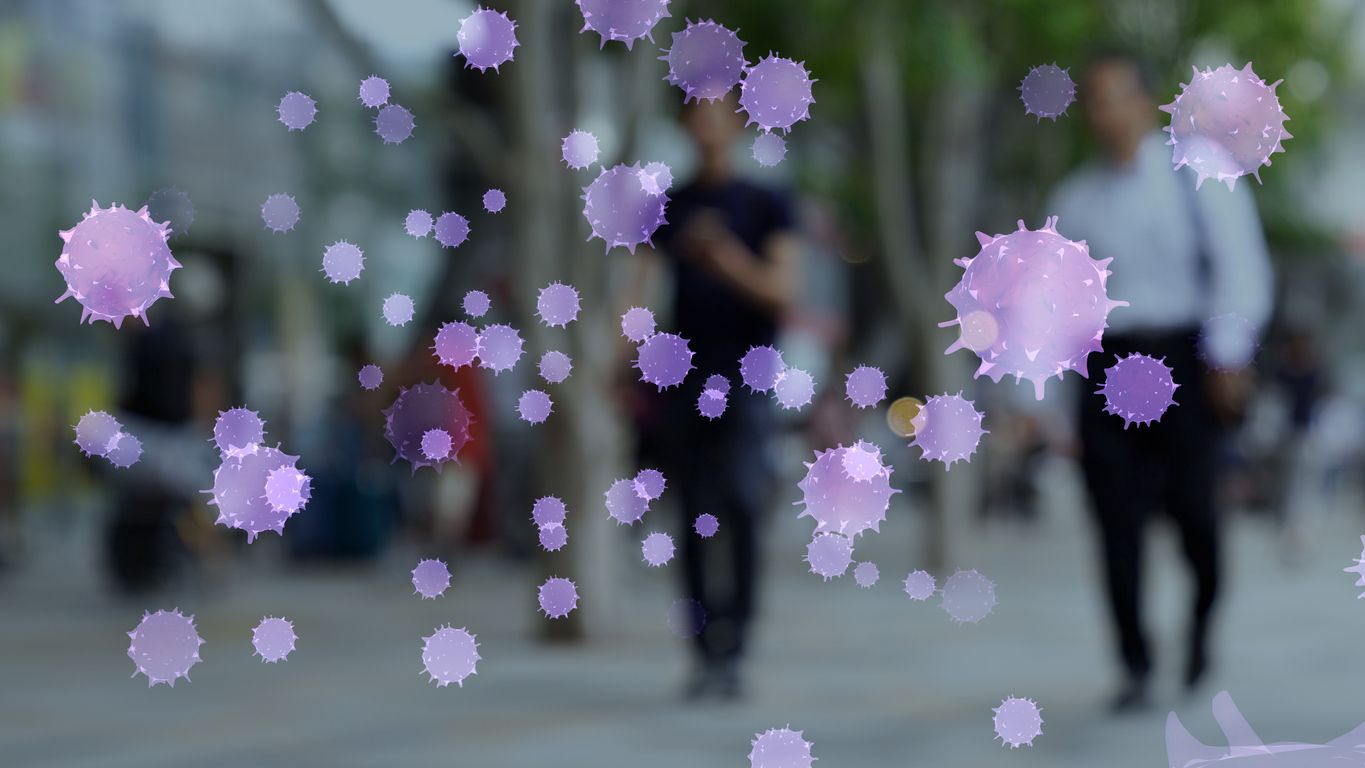What Are Infectious Diseases?
Infectious diseases are disorders caused by organisms — such as bacteria, viruses, fungi or parasites. Many organisms live in and on our bodies. They're normally harmless or even helpful. But under certain conditions, some organisms may cause disease.
Some infectious diseases can be passed from person to person. Some are transmitted by insects or other animals. And you may get others by consuming contaminated food or water or being exposed to organisms in the environment.
Signs and symptoms vary depending on the organism causing the infection, but often include fever and fatigue. Mild infections may respond to rest and home remedies, while some life-threatening infections may need hospitalization.
Many infectious diseases, such as measles and chickenpox, can be prevented by vaccines. Frequent and thorough hand-washing also helps protect you from most infectious diseases. (From the Mayo Clinic, Infectious Diseases page)
Following these tips can reduce the risk of transmission of infectious diseases:
- Wash your hands. This is especially important before and after preparing food, before eating, and after using the toilet. And try not to touch your eyes, nose or mouth with your hands, as that's a common way germs enter the body.
- Get vaccinated. Vaccination can drastically reduce your chances of contracting many diseases. Make sure to keep up to date on your recommended vaccinations, as well as your children's.
- Stay home when ill. Don't go to work if you are vomiting, have diarrhea or have a fever. Don't send your child to school if he or she has these signs, either.
- Prepare food safely. Keep counters and other kitchen surfaces clean when preparing meals. Cook foods to the proper temperature, using a food thermometer to check for doneness. For ground meats, that means at least 160 F (71 C); for poultry, 165 F (74 C); and for most other meats, at least 145 F (63 C).
- Also promptly refrigerate leftovers — don't let cooked foods remain at room temperature for long periods of time.
- Practice safe sex. Always use condoms if you or your partner has a history of sexually transmitted infections or high-risk behavior.
- Don't share personal items. Use your own toothbrush, comb and razor. Avoid sharing drinking glasses or dining utensils.
- Travel wisely. If you're traveling out of the country, talk to your doctor about any special vaccinations — such as yellow fever, cholera, hepatitis A or B, or typhoid fever — you may need.
What is Public Health Case Surveillance?
Public Health Infectious Disease Surveillance is the ongoing collection, analysis, interpretation of data, monitoring, and response to diseases that can be transmitted to others.
The health department routinely investigates cases of communicable diseases, lead poisoning, and other outbreaks, providing public health interventions designed to control the spread, reduce the risk of ongoing transmission in the community, and respond to threats.
ECDHD works closely with medical providers, hospitals, laboratories, schools, and community members through the following surveillance systems and activities:
- Weekly monitoring school absences to identify illnesses that may be circulating in the community.
- Conducting disease investigations for over 90 diseases (excluding STDs and HIV).
- Providing education and guidance to prevent disease transmission.
- Detecting, investigating, and controlling outbreaks.
- Providing education to providers and the public to raise public awareness of existing or potential communicable disease threats.
- Producing data reports on communicable diseases in the Boone, Colfax, Nance, and Platte jurisdictions.


